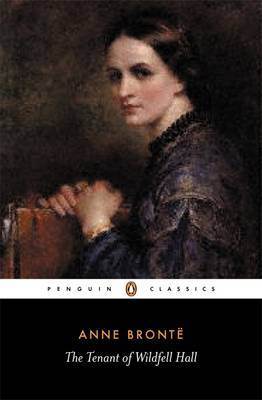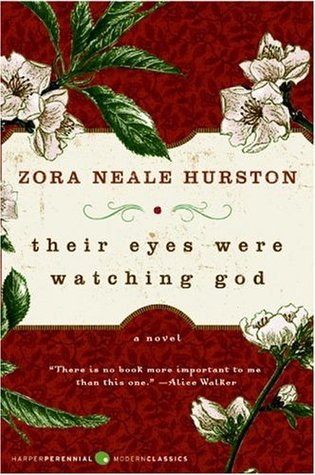3♣ 3♣ 3♣ 3♣ 3♣ 3♣ 3♣ 3♣
Pete tried to forget the letter. But of course he couldn’t. Each time he thought of it he felt crowded and breathless, a feeling that came over him again when he drove into the service station and saw Donald sitting against a wall with his head on his knees. It was late afternoon. A paper cup tumbled slowly past Donald’s feet, pushed by the damp wind.
Tobias Wolff’s short story “The Rich Brother” is the second story in a row that I’ve read involving a car trip. I read it this week when I selected the Three of Clubs for Week 39 of my Deal Me In 2016 short story project. My Deal Me In 2016 list can be found here. Deal Me In is sponsored by Jay at Bibliophilopolis. “The Rich Brother” is included in my copy of The Best American Catholic Short Stories edited by Daniel McVeigh and Patricia Schnapp.

Donald dabbles in various religions as a young man eventually converting to Christianity and living in a small community of those with the same beliefs. Donald gets thrown out of this community when he begins giving away all of its food, clothing and money to people who supposedly need it.
Donald’s older and richer brother, Pete, picks him up to take him to his home and lends him $100 cash. On the way, they pick up a stranger with what seems like a sob story about a sick daughter. Guess what Donald does? When Pete isn’t looking, he gives the stranger the $100 before dropping him off at his destination. Much to the dismay of Pete, of course.
Something about this story reminds me of the Biblical story of the Prodigal Son; however, in this case, the word “prodigal” would be the original meaning of the word – the opposite of “frugal” as opposed to the manner in which prodigal is used to mean “wayward”, now. Is Donald’s prodigality foolishness or gererosity? That’s the question that Wolff never quite answers.
I found amazing Wolff’s ability to not cast sympathy on just one of the brothers but on both of them. Even though these two men are on opposite ends of a spectrum, I couldn’t help but like both of them.
Wolff also didn’t give the brother’s relationship any type of resolution in the story. I get the impression that Donald will go on giving things away and Pete will go on bailing him out.








